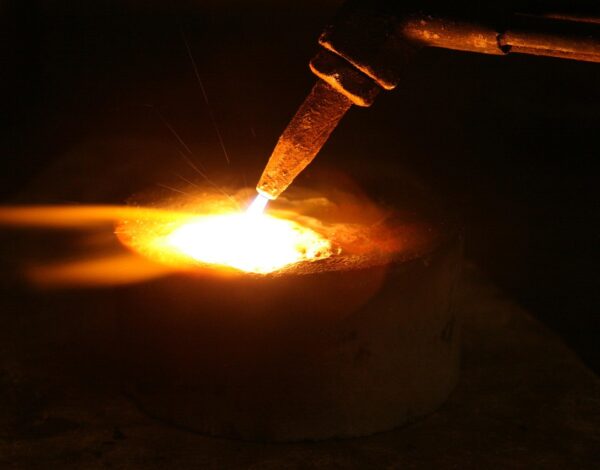

Plan, Prepare, & Prevent: Don’t Let the Flu Surprise You
Flu season typically begins in October, peaks in February and can linger until the spring. During this time, the demand for oxygen and other mixed gases needed for respiratory distress is much higher. If not properly prepared, medical facilities, senior communities, and home healthcare providers risk depleting supplies and being unable to treat patients, residents, and clients. If you haven’t already, now is the time to plan, prepare, and prevent for the upcoming flu season.
Plan
When treating individuals with flu-related respiratory distress, what are all the gases and gas mixtures you’ve needed in the past? Can you determine how much gas you typically use and how much is used during the fall and winter flu season? How frequently are the gases used during this time? Do you need cylinders, dewars, bulk tanks or a combination? Will you need to have a bulk tank installed? Answering these types of questions, analyzing past patterns, and comparing them with any increased patient, resident, or client numbers can help you create accurate projections.
Prepare
The best way to prepare is to collaborate with your gas provider. If possible, provide your projections and work with them to determine the appropriate order quantity and delivery frequency. It’s important to ensure their team members are knowledgeable and will take the time to truly understand your business and needs. You want to have access to the gases when needed, but if too much is ordered, you can lose money on unused gas. Liquid dewars will warm and build pressure and if not used, pressure is released and gas flows out of the vent. Cryogenic liquids are a use-it-or-lose-it product. Once 20% or below of the cryogenic liquid remains, the cylinder flow quickly decreases and is no longer functional.
Prevent
You should be in great shape if you plan and prepare for the increased need, but even when properly prepared, some flu seasons are much worse than others. The last safeguard is to prevent running out of much needed gases by utilizing a gas provider with a sophisticated gas monitoring system. They can monitor gas levels and make deliveries before gases are depleted. Many hospitals do have a reserve system, a small tank to utilize in case of an emergency, but if working with a reliable supplier you’ll have the gases you need, when you need them.
Medical Gas in the Rocky Mountain Region
At Rocky Mountain Air, we have the correct team in place to help you make the most effective decisions for your business. Our promise of flawless dependability is to help you come up with the best solution for your specific application. We use telemetry monitoring systems that notify our team when the levels are low in your bulk tanks. We’ve also invested in an asset tracking software, so that every barcoded cylinder is tracked for your assurance of account balance accuracy.
We provide the full spectrum of medical gases needed, including therapy gas, diagnostic gas, anesthetics, laser mixes, lung infusion mixes, and breathing air mixes. We are a certified PurityPlus™ provider with trained personnel to meet your sophisticated gas requirements. These gas blends require mixing based on specific calibration standards, lab analysis, and certification of the precise composition of contents. Certification includes testing of analysis, compliance, and conformance by a certified lab technician. Our partnership with PurityPlus™ certifies that we are selling the highest-grade product, and that these products will be delivered whenever you need them. This partnership aligns directly with RMA’s promise to deliver flawless dependability to each of our customers. Contact your local branch today in Colorado, Utah, Idaho, Wyoming, or Nebraska to purchase gas, discuss your gas uses, or to set up a usage evaluation. We look forward to serving you!



